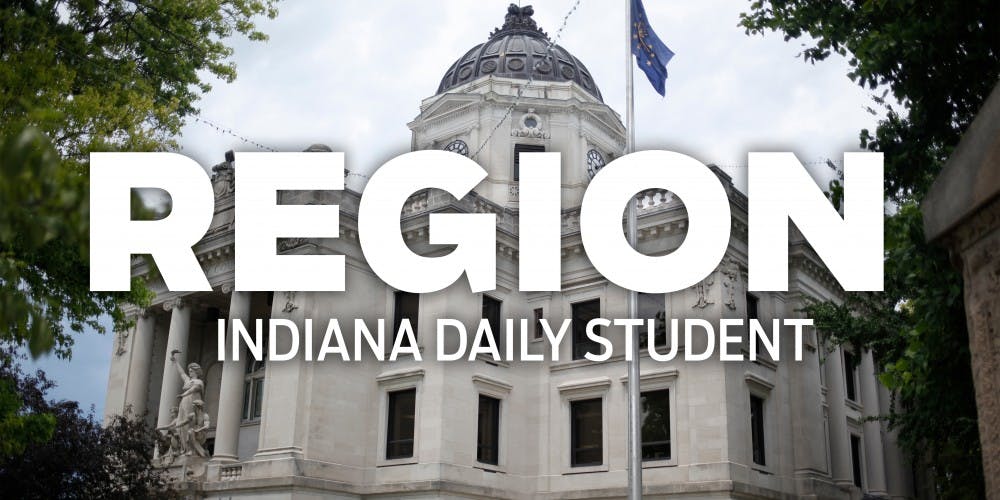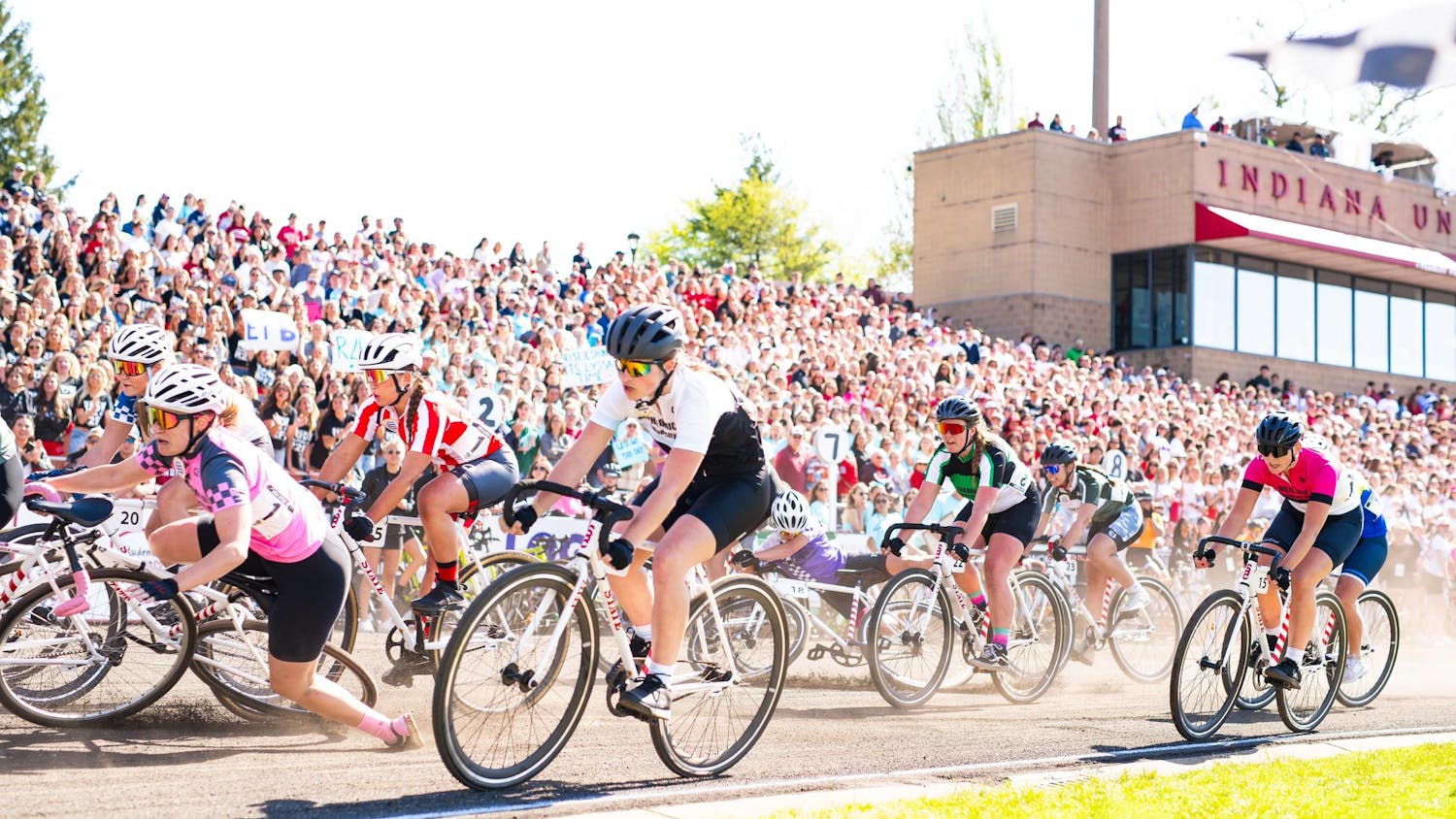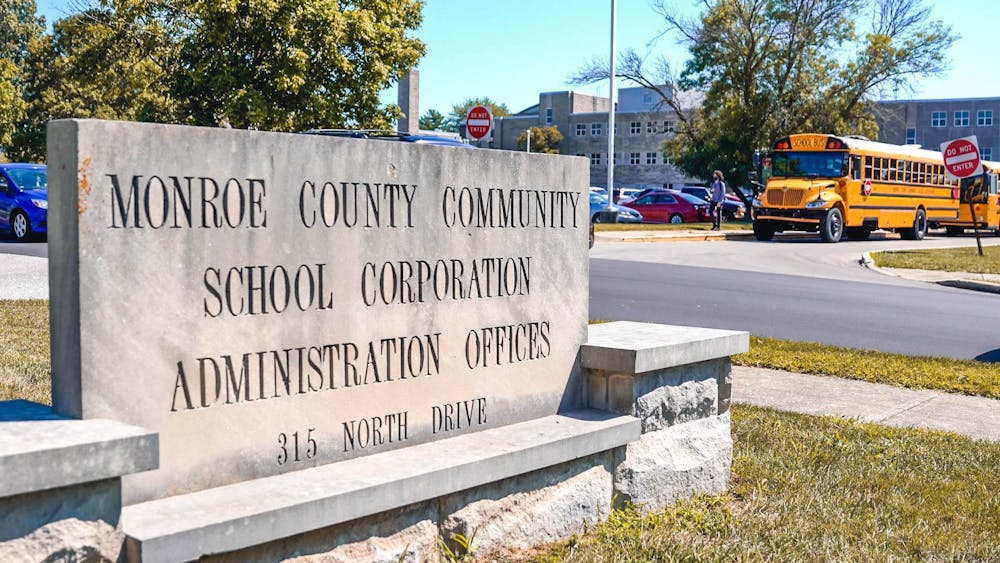Conservative Jewish synagogues can now officially choose whether they want to allow non-Jews as congregation members, according to a resolution made this month by the United Synagogue of Conservative Judaism.
The USCJ general assembly passed the resolution with a 94-8 vote, marking a clear shift in how conservative Judaism approaches non-Jewish members.
The change was made in part due to increased numbers of marriages between Jews and non-Jews.
“It shows that things are changing, that we’re making progress toward being truly inclusive,” said Sue Silberberg, rabbi and executive director of the Helene G. Simon Hillel Center.
Conservative Judaism is one of four branches of modern Judaism. The other three include Reform, Orthodox and Reconstructionist Judaism.
These three branches also let individual synagogues decide whether to allow non-Jewish members. Most reform synagogues allow such membership.
Jewish Reconstructionist Communities encourage synagogues to see the presence of non-Jews as an opportunity rather than a threat, according to a summary report of the role of non-Jews in reconstructionist congregations.
Silberberg said these decisions reflect a movement toward inclusivity within Judaism as a whole.
“We want to welcome people from all different backgrounds and walks of life,” she said. “We want congregations to be welcoming for anyone looking for a community to belong to.”
The USCJ encourages a similar celebration of diversity and inclusion of those who want to belong to a community.
In the official description of the bylaw, the USCJ states, “We celebrate the diversity among and within our kehillot and encourage the engagement of all those who seek a spiritual and communal home.”
Much of the contention over including non-Jews in kehillot, or congregations, arose when Jews began to marry non-Jews at higher rates.
As a result, congregations began to question what role non-Jewish spouses should play in synagogues.
Silberberg said these non-Jewish spouses should play whatever role they want to play.
She said if they choose to be active in congregations, they can gain a lot just by learning about Judaism.
Non-Jews can also contribute to the congregations themselves, she said.
“Any opportunity you have to have an exchange of ideas between two different groups is great,” she said. “Jews can learn from non-Jews just as non-Jews can learn from Jews.”
Silberberg said Hillel has allowed non-Jewish members from the beginning.
She said this decision lines up with the movement toward inclusivity in Judaism.
“We want any student to walk through those doors and feel welcome, whether they’re Jewish or not,” Silberberg said.
In its resolution, the USCJ showed a similar desire for conservative synagogues to make non-Jews feel welcome.
“We call on all of our kehillot to open their doors wide to all who want to enter,” the resolution states.
Silberberg said another aspect of the resolution that stood out to her most is that it allows individual congregations to choose how to approach non-Jewish members.
She said this decision continues to ensure the independence of individual congregations even though they may be associated with one of the four larger branches of Judaism.
“Who better to make the decision for a congregation than the people of the congregation itself?” she said. “It takes discussion and a lot of consideration, but every congregation should know what’s best for its people.”






